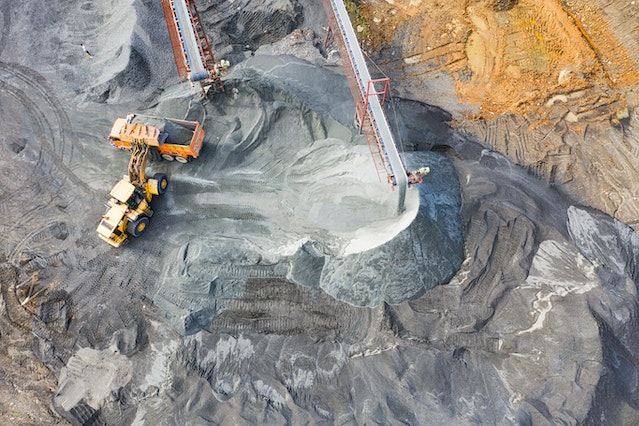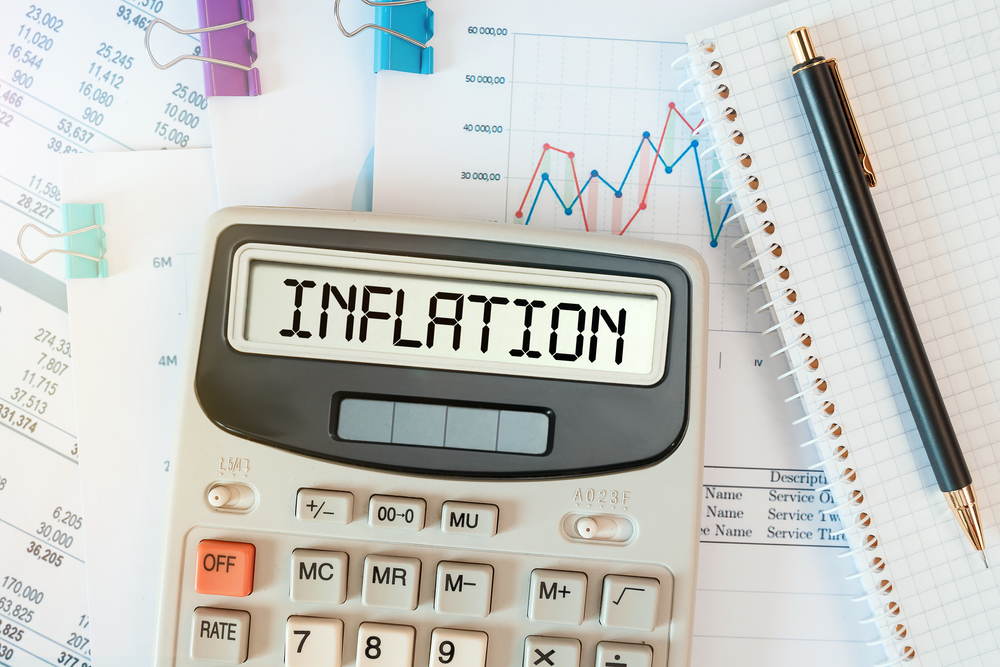Inflation is starting to bite in the mining industry but gaps in cybersecurity could be life-threatening.
More than 7500 delegates are gathering for a high-powered summit in Sydney to make deals and tackle challenges, with a large police presence to fend off climate protesters.
The prestigious harbourside event brings together deal-makers from more than 100 countries, including industry leaders, diplomats, commodity buyers, investors and bankers.
BHP executive James Agar told the International Mining and Resources Conference (IMARC) the picture is mixed, with tight labour and energy markets as the major challenge.
“We do expect the lag effect of inflationary pressures to remain a persistent challenge through the 2023 financial year,” he said on Wednesday.
Like the broader economy, the mining industry has been experiencing a combination of “good”, or demand-led inflation, and rising costs from “bad” bottleneck inflation.
“Unfortunately, the balance between the two has been skewed heavily towards the ‘bad’ since the Russian invasion of Ukraine,” he said.
“The energy crisis in Europe is profound and will continue to drive volatility in energy markets.”
Labour markets were tight globally, with no sign of improvement, but shipping delays and port congestion had eased considerably, he said.
Australia is profiting from elevated prices for top commodities as war in Ukraine cuts Russian exports of gas, oil and critical minerals.
Investors who were already looking to replace China as a supplier are flocking to Australia.
The industry summit will showcase new mining technology and the ingredients the world needs to make electric cars, batteries and wind turbines.
But lives could soon be at stake if the industry doesn’t safeguard against increasingly sophisticated attacks, experts warn.
New technology and the electrification of equipment could mean digital environments become weaponised.
“Increased ‘technologisation’ creates new entry points, which cyber criminals are increasingly exploiting to compromise production and supply chains, potentially jeopardising human safety,” MinterEllison cyber practice chief Paul Kallenbach said.
Rob Labbe, chair of the Mining and Metals Information Sharing Analysis Centre, said the mining industry was yet to identify cybersecurity as a key business risk.
“It’s where safety was 20 years ago where it was largely seen as a technical problem, and you put up another guard rail and the issue was solved,” he said.
Decarbonisation is also a key theme at the conference, as investors, governments and consumers demand a transition to a net-zero emissions economy.
But organisers have warned delegates not to show their conference identification outside the Darling Harbour venue or engage with protesters expected to target the event.
“We need to protest against IMARC. It is our future these polluters are planning to destroy,” said climate activist Chris Black, from School Strike 4 Climate.
Marie Flood, from environmental group Knitting Nannas, said members would keep raising the alarm on new mines.
“Police are attempting to stop us protesting the corporate culprits and their well-resourced plans to wreck the climate,” she said.
Mining giant BHP said diesel makes up around 40 per cent of their operational emissions and there was initially some scepticism about how to electrify a 400-tonne haul truck.
“Fast forward to today … we are working towards trialling battery electric haul trucks on our sites,” Mr Agar said.
BHP has also partnered with Rio Tinto and Vale on a global initiative for suppliers to develop concepts for large-scale haul truck electrification systems.
Marion Rae
(Australian Associated Press)






